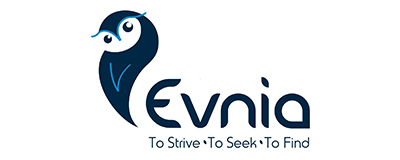It’s becoming clear that the MDR will not deliver its promise of a “sound, transparent, predictable and sustainable regulatory framework” that “ensures a high level of safety and health protection” and “at the same time promotes innovation” as mentioned in the first recital of the MDR.
Therefore, we have to talk about the future of the regulatory medical device system.
The MDR Amendment published in March (Regulation 2023/607) is supposed to remedy the current bottleneck situation and provide more time for the transfer of products to the MDR as a surgical emergency.
However, there remain open questions and further structural problems in the system with the Notified Bodies, which are not solved by the Amendment Regulation.
By mid-2027 the Commission will evaluate the application of the MDR and produce a report on the progress towards achievement of the objectives. This report will reflect the main elements on the future design of the regulatory system.
Industry and Notified Bodies should work together to find solutions, in particular to improve the conformity assessment procedure (e.g. predictable deadlines, calculable costs, equal access to Notified Bodies or System-inherent possibility of complaints, etc.) and to find solutions for missing regulations for innovations, niche products and so-called “orphan devices”.








